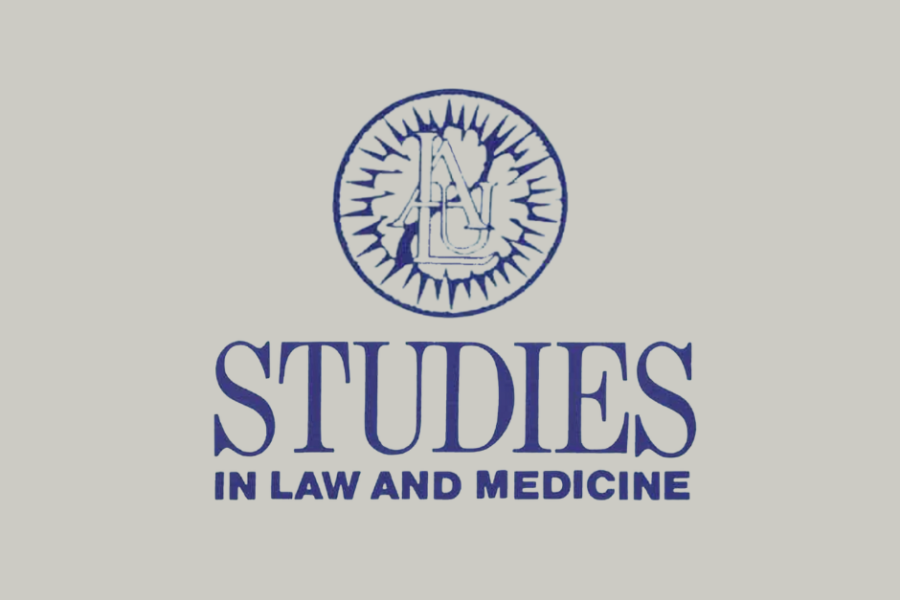Americans United for Life published “Studies in Law and Medicine” in the 1970s and 1980s, spotlighting issues pertaining to the human right to life across the bioethics spectrum. As Americans United for Life celebrates our 50th anniversary, we are making these issues available for the first time since their print publication.
Prolonging Life and Withdrawing Treatment: Legal Issues by Dennis J. Horan and Edward R. Grant
The search for an appropriate scheme of laws to govern medical practice is always difficult, but never more so than in the areas of euthanasia, the “right to die”, and the termination of medical treatment. An “appropriate” legal scheme would be one that protects the interests of individuals and society while allowing physicians sufficient freedom to practice their profession. Rapid changes in medical ethics have compounded the problems faced by courts and legislatures as they address these issues. Adding to the confusion is the multitude of interests that must be considered in the question of when medical treatment may be terminated: those of the patient, the family, the state, the physician and the medical institution.
Basic legal doctrines concerning the withdrawal of medical treatment include the right to refuse treatment and the Constitutional right of privacy. The law should not seek to control an area as sensitive as the death bed by requiring officious and intermeddling standards of legal conduct before medical judgment can be exercised. Rather, courts and legislatures exercise their proper function when they set the societal standards, as they have in the cases discussed here. The courts have properly required that, before treatment may be withdrawn, the patient must be in a terminal state where death is imminent and there exists no form of life-saving medical intervention or where the treatment would only prolong the dying state without hope of benefit or recovery.
A court proceeding should be required only where there is a dispute over whether this standard has been violated. The standard should be applied equally to all patients, handicapped and non-handicapped, infant and aged alike. Resignation to the inevitable death due to terminal disease, not a conscious decision to kill by means of withholding potentially beneficial or life-saving treatment, is all that has been authorized by the law. The latter course of mercy-killing remains condemned, and should be the subject of an expedited judicial remedy whenever a life hangs in the balance.


